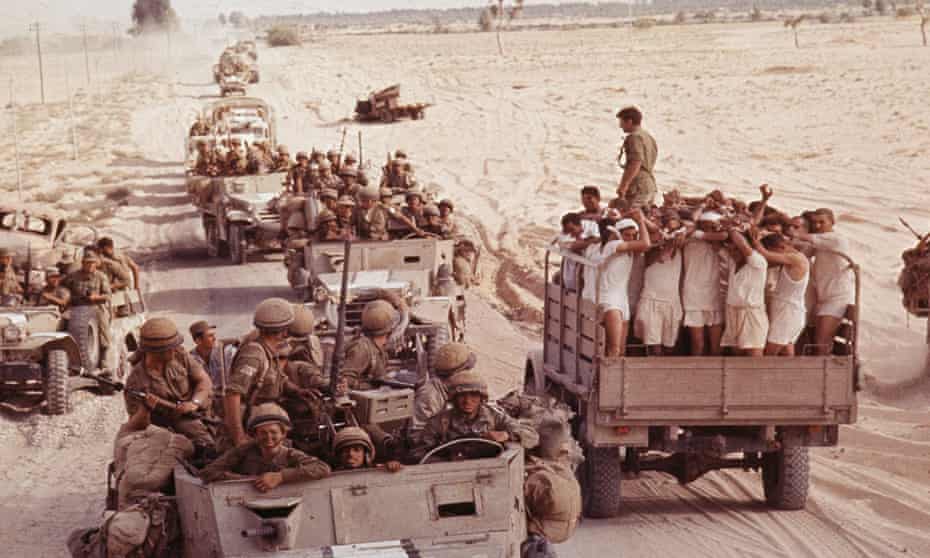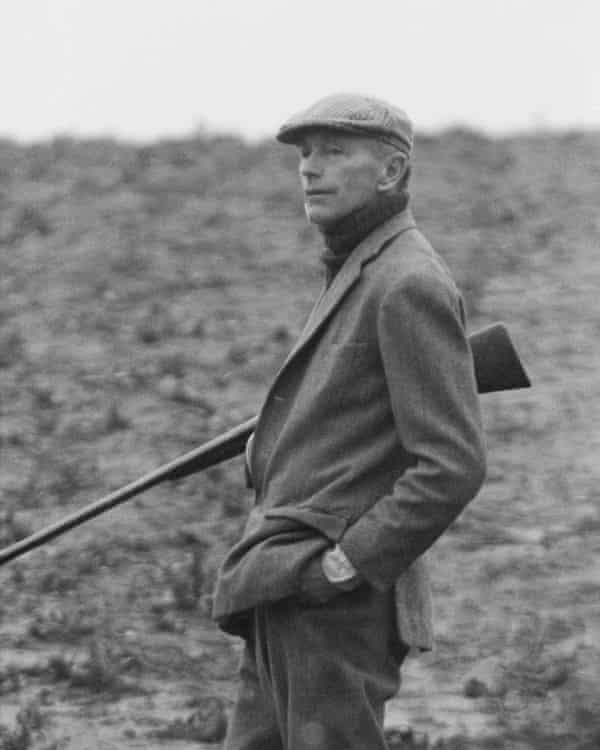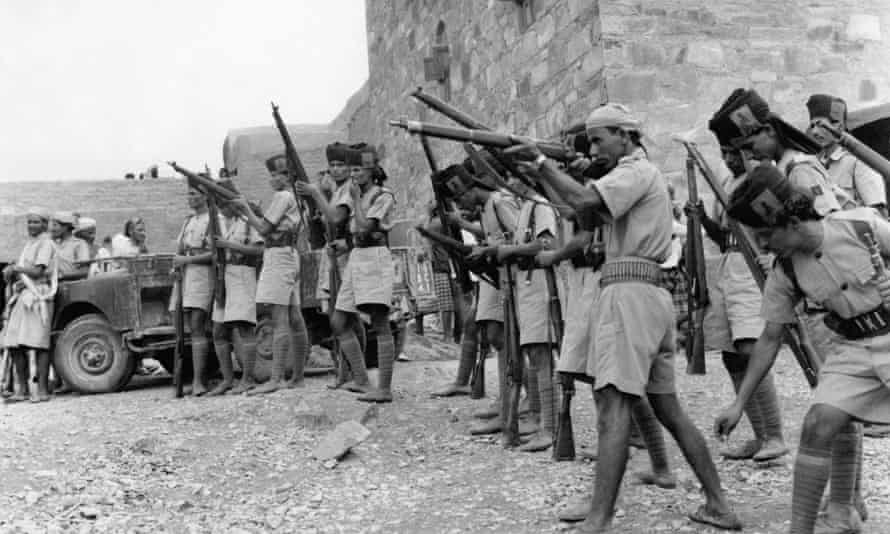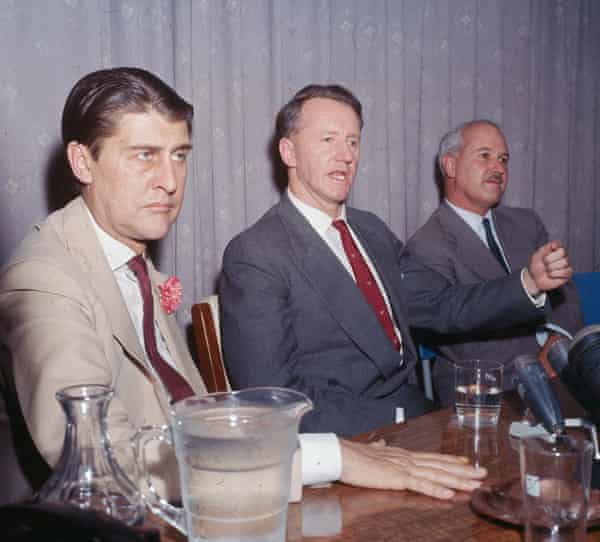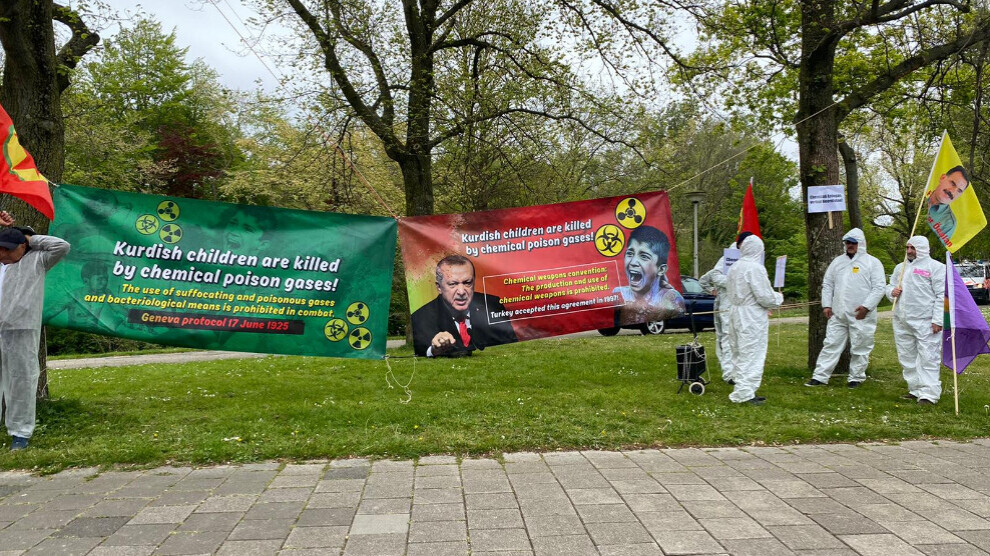AFP - Yesterday
Palestinians rallied Sunday to mark the "Nakba," or catastrophe, 74 years after Israel's creation, with condemnation spreading over a police raid on the funeral of a slain journalist.

© STAFFMap of Israel and the occupied West Bank
The annual demonstrations across the occupied West Bank, annexed east Jerusalem and inside Israel came with tensions high over the killing of 51-year-old Al Jazeera reporter Shireen Abu Akleh.
The Palestinian-American was shot dead Wednesday during an Israeli raid in Jenin, a West Bank flashpoint. A Palestinian militant wounded in clashes there, Daoud al-Zubaidi, died from his injuries in an Israeli hospital Sunday.
Israeli police have vowed to investigate the chaos that marred the day of Abu Akleh's funeral, after television footage seen worldwide showed pallbearers struggling to stop the casket from toppling to the ground as baton-wielding police descended upon them, grabbing Palestinian flags.
The scenes Friday sparked international condemnation, including from the United States, United Nations and the European Union, with US Secretary of State Antony Blinken on Sunday calling for a "credible" investigation into Abu Akleh's death as he offered condolences to her family.

© Ahmad GHARABLI
Late South African Archbishop Desmond Tutu's foundation said Israeli police "attacking pallbearers" was "chillingly reminiscent of the brutality" seen at the funerals of anti-apartheid activists.

© ABBAS MOMANI
- 'Unbridled brutality' -
Israeli commentators joined the chorus lambasting the raid as Abu Akleh's coffin emerged a Jerusalem hospital.
In leading Israeli daily Yediot Ahronot, Oded Shalom said the footage "documented a shocking display of unbridled brutality and violence".
"The Jerusalem District Police decided to come down like a tonne of bricks on anyone who dared to hold a Palestinian flag," Shalom wrote.
"As if holding up a flag -- a mere piece of cloth, for God's sake -- at a funeral procession for an hour or two could have had any impact whatsoever" on Israeli claims to control over Jerusalem, he added.

© ABBAS MOMAN
Israeli police regularly crack down on people holding Palestinian flags.
Thousands of Palestinians streamed through central Ramallah for the main Nakba rally, with crowds also turning out in Gaza City, in the Israeli-blocked strip.
At a student Nakba event at Tel Aviv University (TAU), police said three Arabs were arrested "for attacking demonstrators and police officers."
The arrests followed a confrontation with Im Tirtzu, a right-wing Israeli movement holding a counter rally.
Arab TAU student Aline Nasra said that demonstrators were assaulted by police as they moved to protect one of their members from Im Tirtzu threats.
The right-wing Israelis taunted the Arab students, including with calls that Israel is only for "Jewish people," Nasra said.
- Posthumous report -
Al Jazeera on Sunday posthumously aired a piece produced by Abu Akleh on the Nakba, which marks Israel's 1948 declaration of independence.
A highly respected reporter, she was killed while wearing a helmet and a bulletproof vest marked "Press".
Israel's army said an interim investigation could not determine who fired the fatal bullet, noting that stray Palestinian gunfire or Israeli sniper fire aimed at militants were both possible causes.
The Palestinian public prosecution said an initial probe proved Israeli troops were to blame.
Abu Akleh's posthumously aired piece retraced the fate of the Palestinian people since 1948, with a particular focus on refugees and the displaced.
More than 700,000 Palestinians fled or were forced from their homes during the conflict that surrounded Israel's creation.
One of the latest casualties of the Israeli-Palestinian conflict, Daoud al-Zubaidi, was the brother of Zakaria, who headed the armed wing of Palestinian president Mahmud Abbas's Fatah movement and briefly escaped from an Israeli prison last year.

© ABBAS MOMANIThis aerial view shows Palestinians marching in a rally to mark the 74th anniversary of the "Nakba" or "catastrophe", in the occupied West Bank town of Ramallah, on May 15
The most recent Israeli fatality was special forces police officer Noam Raz, 46, who was shot Friday in Jenin. He was being buried on Sunday.
bur-jjm/bs/pjm








